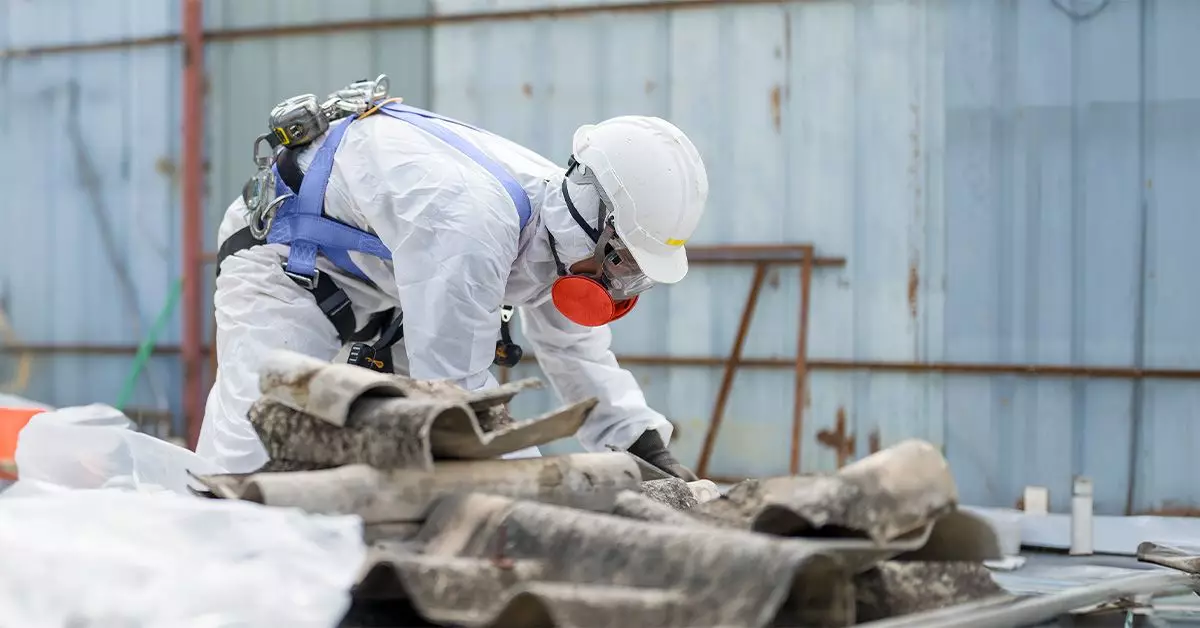Recent studies have indicated a potential connection between exposure to asbestos and the development of breast cancer. While historically it has been more commonly associated with lung cancer, there is emerging evidence suggesting that asbestos exposure may also play a role in increasing the likelihood of breast cancer.
A study conducted in 2023 in China found that individuals with both asbestosis and breast cancer exist, although lung cancer cases were more prevalent among those with asbestosis. Factors such as early exposure to asbestos, prolonged exposure, and smoking were identified as potential risk factors for cancer development in individuals with asbestosis. On the other hand, a study from 2022 reported that the number of breast cancer cases in women with asbestos exposure was similar to those in the reference cohort, which comprised individuals with no asbestos exposure. This discrepancy in findings suggests that the relationship between asbestos exposure and breast cancer risk is complex and requires further exploration.
According to Breast Cancer UK, research on the impact of asbestos on breast cancer risk has yielded mixed results. One possible explanation for this inconsistency is the historical trends in occupations involving asbestos use. Since people have become less likely to work in asbestos-related industries over time, the effects of asbestos exposure on breast cancer risk may vary among different populations. Additionally, the latency period for cancer development following asbestos exposure can be as long as 20 years, further complicating the assessment of risk in individuals with previous exposure.
Given the potential risks associated with asbestos exposure, individuals who have been exposed to asbestos should consult a healthcare professional, even in the absence of evident symptoms of breast cancer, other cancer types, or asbestosis. Early detection and monitoring are crucial in mitigating the long-term health consequences of asbestos exposure. More in-depth research is needed to conclusively determine whether environmental or occupational exposure to asbestos elevates the risk of breast cancer in individuals.
Ultimately, the relationship between asbestos exposure and breast cancer risk remains an intriguing area of study that requires further investigation to understand fully. By staying informed and proactive about potential health risks associated with asbestos exposure, individuals can take steps to protect their well-being and empower themselves with the knowledge needed to make informed healthcare decisions.

